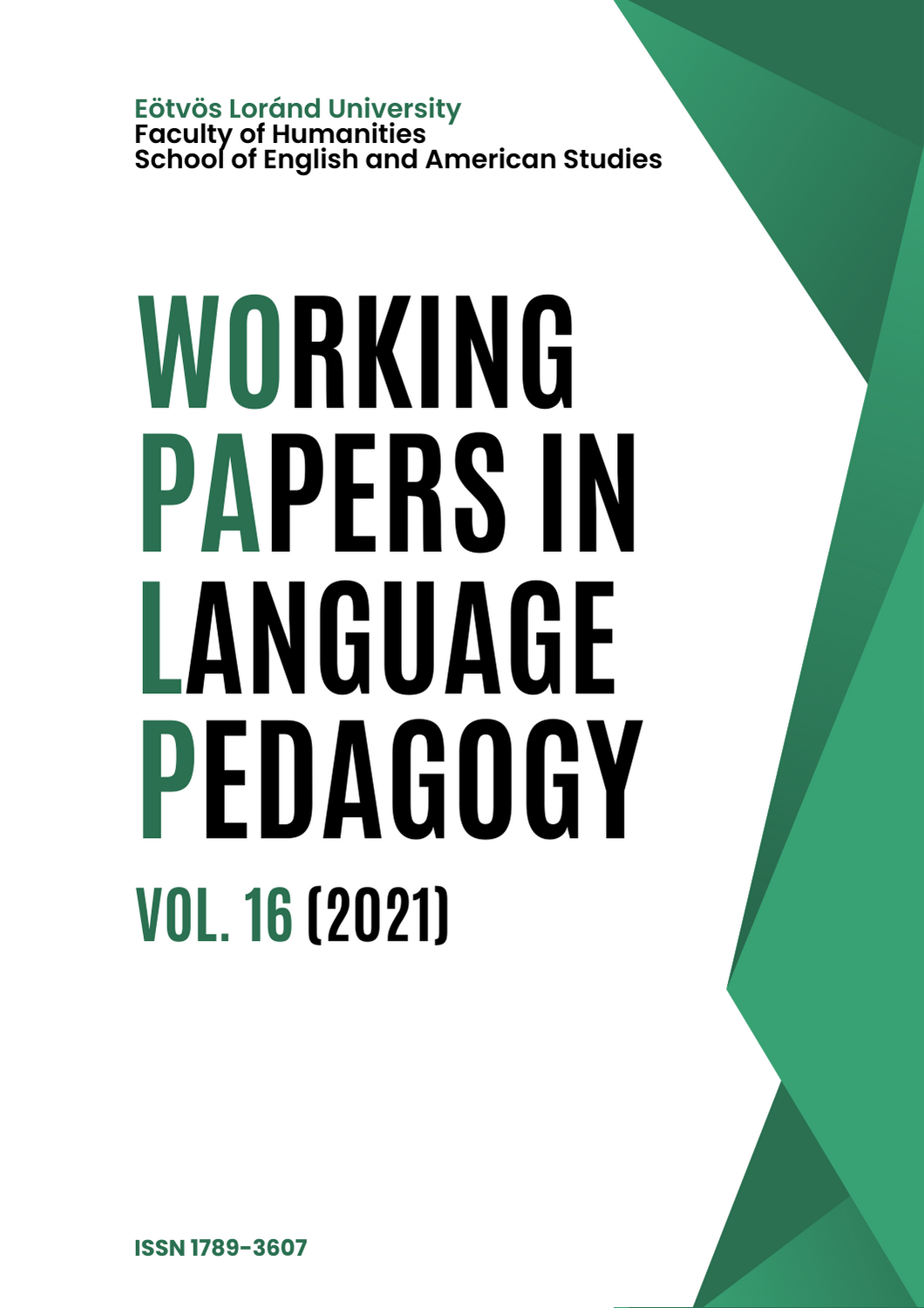What Business English Education in Hungarian Higher Education Can Learn from BELF Research Findings
DOI:
https://doi.org/10.61425/wplp.2021.16.18.35Keywords:
unpredictability, English as a lingua franca, Business English as a lingua franca, mainstream Business English teachingAbstract
The fact that English has become the lingua franca in international business and that business professionals use English in completing their day-to-day tasks necessitates that business students in Higher Education (HE) are prepared for working in English and communicating in lingua franca situations. However, entering the international business community involves two types of unpredictability for students. On the one hand, lingua franca communication is often unpredictable due to the diverse lingua-cultural backgrounds of interactants, and on the other hand, it is increasingly likely that students will need to use knowledge which did not exist during their university education. In order to enable students to meet this double challenge and to better fulfil Hungarian employers’ expectations regarding fresh graduates’ communication skills, it is necessary to revisit the goals and methods of Business English (BE) courses in HE. The aim of this theoretical piece of research is to discuss English as a Lingua Franca (ELF) and Business English as a Lingua Franca (BELF) research findings and to compare them with some of the long-standing assumptions in mainstream BE teaching. Findings in the literature suggest that methods allowing a greater degree of flexibility in pragmatic meaning making are needed to prepare business students for successful communication and work in an international environment.




